Rising Value of Social Media &
The Importance of Health Influencers

U.S. adults spend, on average, nearly half of their Internet time on social media; for those actively exploring health and wellness topics online, that adds up to an average of 3.3 hours a day on social networks.
Over the course of a year, that’s the equivalent of 7 full weeks spent scrolling! While some may see this as a digital time sink, new insights from the 2025 MARS Consumer Health study suggest otherwise: the value of social media as a source for healthcare information has surged by 39% since 2021. Online communities, which have consistently been an important resource, have also seen a 10% increase in perceived value during the same period. Even the trust in medical information posted on social media has increased by 48% since 2021.
- 2025
- 2021
Value as a source of healthcare information (Very much / somewhat)
Social media
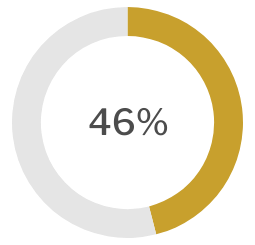
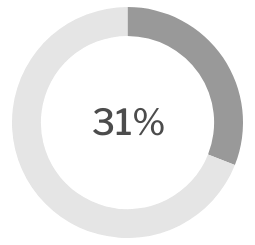
Online communities or support groups
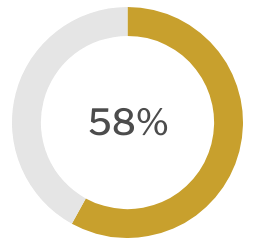
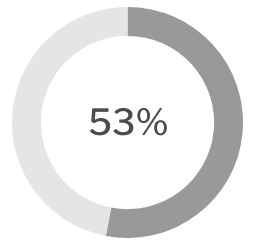
Trust in medical information shared by other people on social media
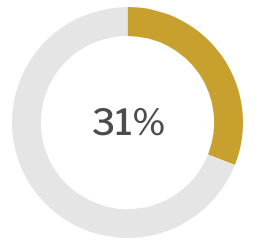
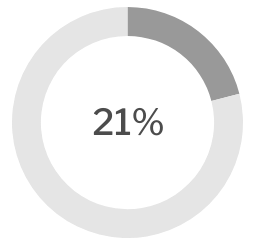
This growing trust in social platforms for health information has paved the way for the rise of health influencers. Many healthcare consumers are seeking relatable, authentic content and influencers are stepping in by sharing their personal stories and lived experiences. According to MARS, 43% of U.S. adults say they value health influencers and advocates on social media.
This sentiment is especially strong among certain multicultural communities, where key differences emerge in the types of health influencer content preferred. Black/African Americans are more likely to connect with celebrity health influencers and share their own experiences on social media, while Hispanic/Latinos show a stronger preference for patient influencers.
- Black/African American
- Hispanic/Latino
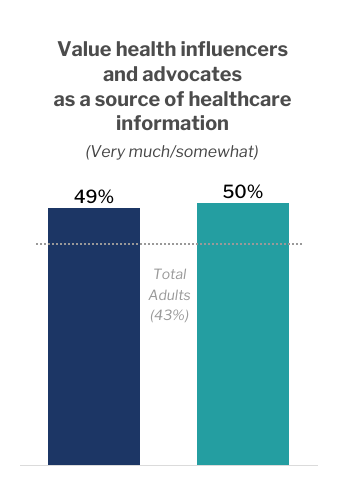
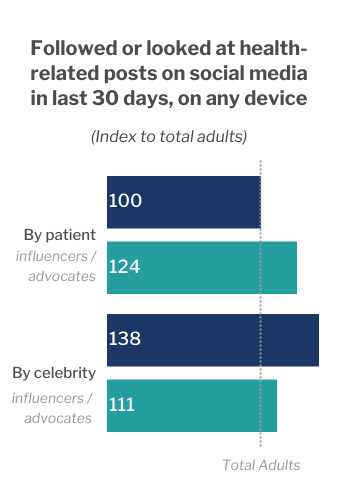
Black/African Americans are 40% more likely than other U.S. adults to share their healthcare experiences (conditions, medications or treatments) on social media.
Note: Race data is Hispanic Not Black and Black Not Hispanic
The MARS study also identified another group of healthcare consumers who place even greater importance on health influencers: patients diagnosed with certain rare conditions (incidences <1%). A majority of individuals with Sickle Cell or Hemophilia highly value content from health influencers.


of professionally diagnosed Hemophilia patients say they trust medical information shared by other people social media
Ultimately, the 2025 MARS Consumer Health study shows that in today’s digital-first world, healthcare marketers must recognize that social media is a valued and trusted source of health information and community. The growing influence of health advocates and the nuanced ways different consumer groups engage with them highlight the need for culturally aware, personalized strategies. By embracing these insights, marketers can build more meaningful connections, foster trust, and potentially drive better health outcomes through the platforms people already rely on every day.
Source: M3 MI’s MARS Consumer Health Study (2021-2025)
Information
For more information on detailed study results from M3 MI, including at the specialty level, contact us at
info@M3-MI.com.